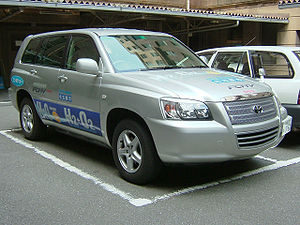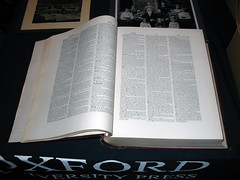 Next Saturday, June 6th is National Trails Day, an event sponsored by the American Hiking Society. A portion of this event is focused on trail restoration, but it's primarily just a chance to celebrate the 200,000 miles of trails that cover our country. From a family perspective, I think trails are great - they make hiking accessible, no matter what your age. Writing this made me nostalgic so I dug up some of our own family's pics from way back when we had a backpack for our littlest one!
Next Saturday, June 6th is National Trails Day, an event sponsored by the American Hiking Society. A portion of this event is focused on trail restoration, but it's primarily just a chance to celebrate the 200,000 miles of trails that cover our country. From a family perspective, I think trails are great - they make hiking accessible, no matter what your age. Writing this made me nostalgic so I dug up some of our own family's pics from way back when we had a backpack for our littlest one!While June 6th is the official day and there will over 1000 events to celebrate it, there's nothing magical about that date. Good weather is always a great excuse to find something new to explore! This got me thinking about past hiking efforts of our family. Sometimes things work out well, sometimes not so well...
 Life is good in the backpack!
Life is good in the backpack! Sometimes, the paved family-friendly trail doesn't make everyone in a friendly move. I believe this was accompanied by an "I will not walk another step" comment.
Sometimes, the paved family-friendly trail doesn't make everyone in a friendly move. I believe this was accompanied by an "I will not walk another step" comment. I like this picture because it highlights how many cool things you can discover along the way. This tree looked like it had fallen across the trail and then was cut up - great for counting rings!
I like this picture because it highlights how many cool things you can discover along the way. This tree looked like it had fallen across the trail and then was cut up - great for counting rings! 


![Reblog this post [with Zemanta]](http://img.zemanta.com/reblog_e.png?x-id=88ba6cd5-e822-428a-b776-f0d930b7c7f6)









![Reblog this post [with Zemanta]](http://img.zemanta.com/reblog_e.png?x-id=1b624d63-5f2b-4bb6-996b-ff6a0ac00e60)





